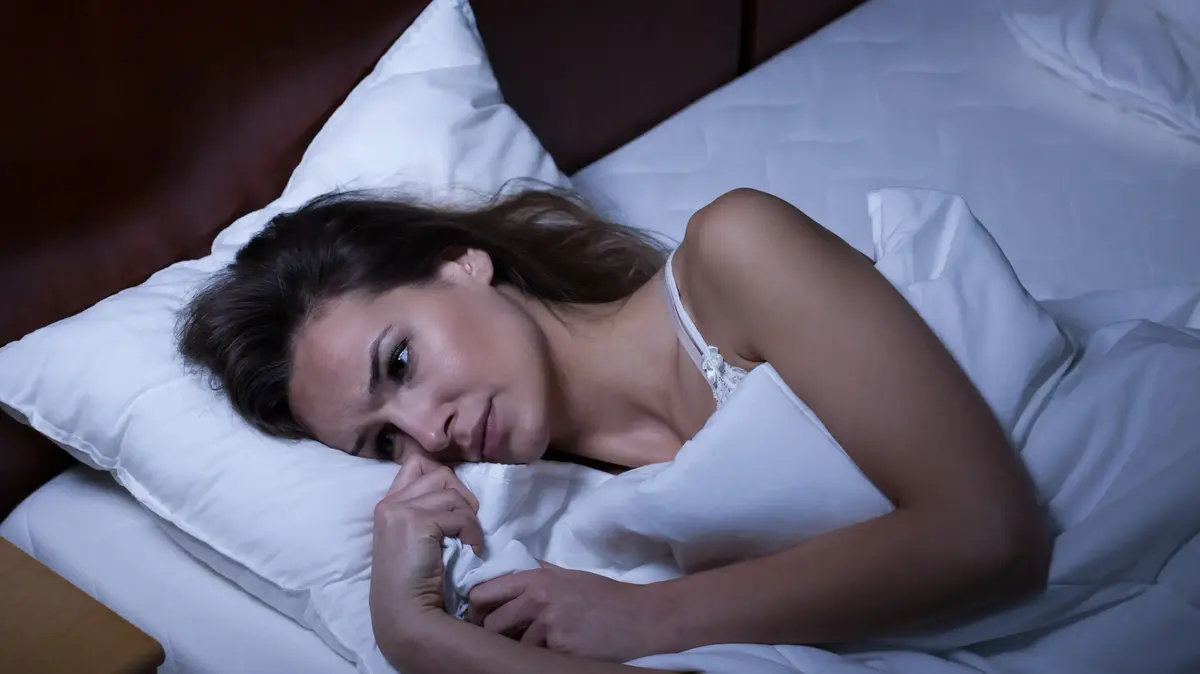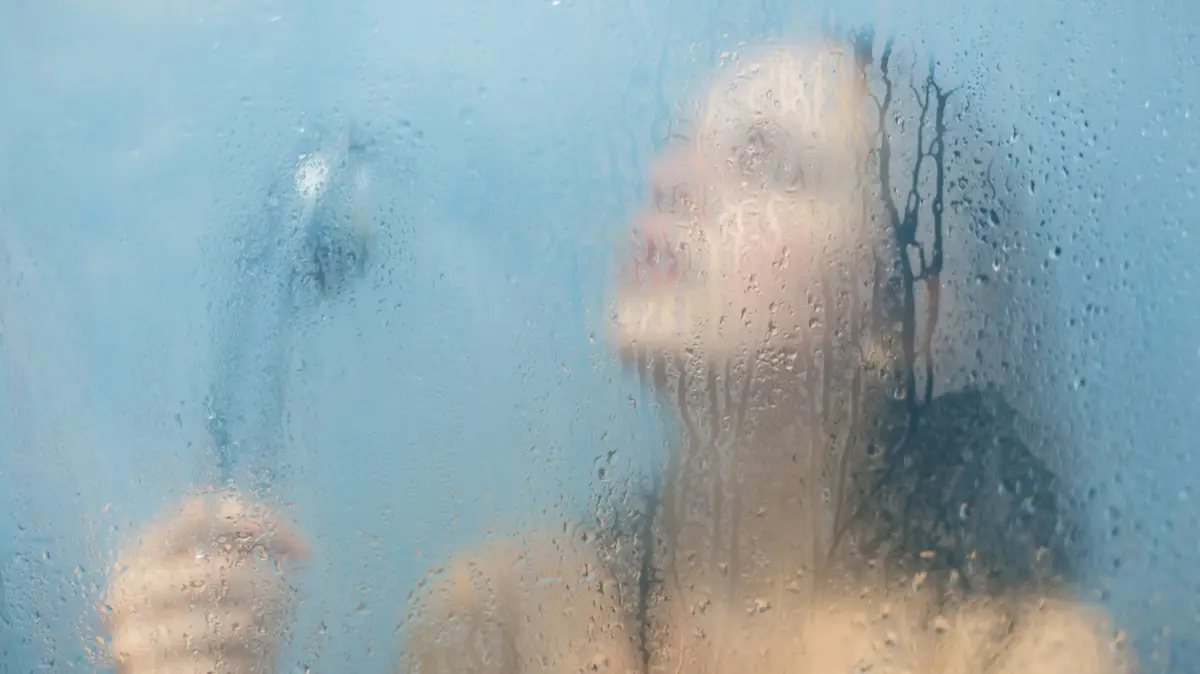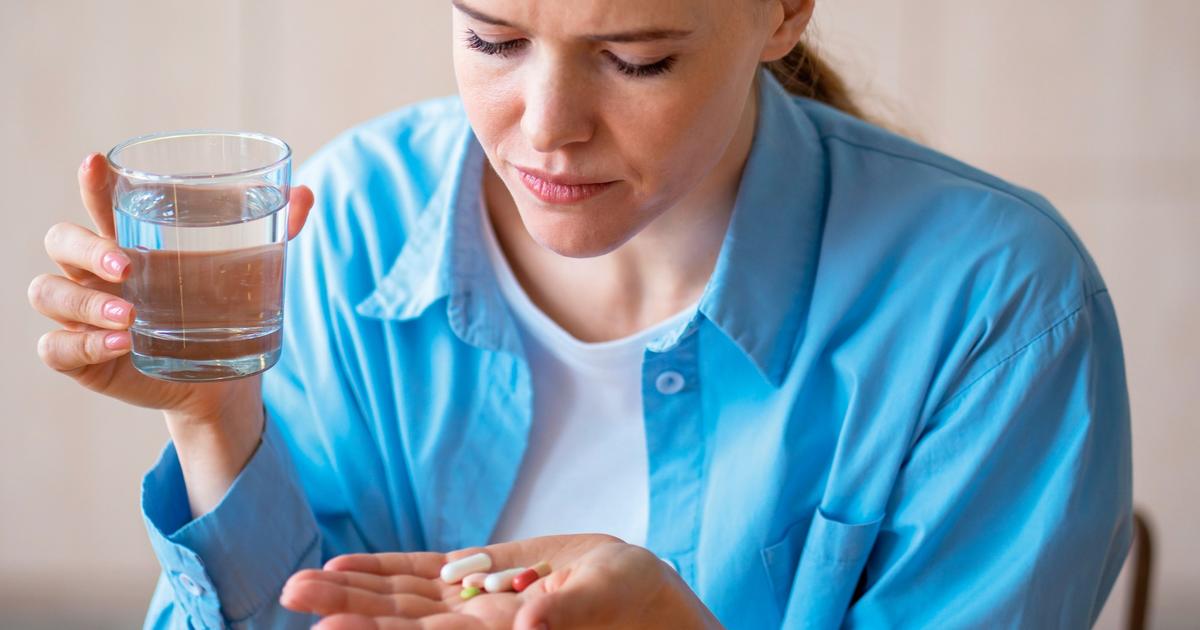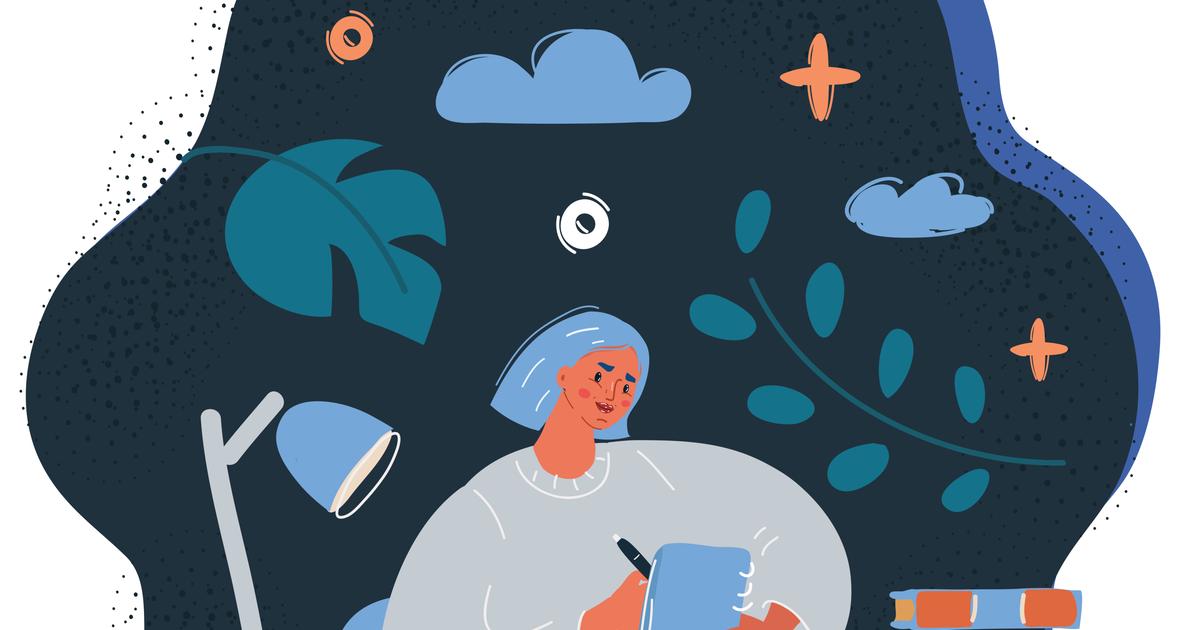Anyone can experience anxiety at some point in their life.
This feeling of fear and fear and restlessness sometimes manifests itself in the form of sweating or palpitations.
Although sometimes it is a normal reaction to stress and helps to cope with a specific situation, for some people it is really overwhelming.
EL PAÍS has contacted six psychology professionals to find out how they act when they have anxiety and what tricks they use to take care of their mental health.
Vanesa Fernández, doctor in psychology and professor at the Complutense University of Madrid
As Vanesa Fernández, a member of the Madrid Official College of Psychology (COP) explains, "anxiety is a normal emotion that appears in circumstances in which we feel threatened."
"We all have anxiety, even psychologists," she says.
Feeling this emotion, she finds it difficult to concentrate and negative thoughts and many anticipations come to her head: "I think 'what if this happens to me now, what if the other thing happens to me...'".
In addition, she is tense and restless, she feels restless, has trouble sleeping and sometimes bites her nails.
To manage this emotion, try to control your thoughts and focus on "the here and now": "What happened has already happened and I can't do anything, so I'm going to try to assess what I can do to fix it.
And if what makes me anxious is the future, I try to focus on the fact that it hasn't happened yet and, therefore, I don't have to experience it as such.
I tell myself that right now that anxiety is worthless and I put myself back in the present ”, she affirms.
In addition to trying to share it with people he loves, he tries to go to bed earlier, rest, do abdominal breathing, eat well, be physically active, and eliminate stimulants such as caffeine from his diet.
Mari Zafra, psychologist, psychotherapist and CEO of Psikigai
For Mari Zafra, anxiety is necessary and can warn that "there is something you don't like": "A boss who disrespects you, an activity you do and you don't really feel like it, a couple dynamic that doesn't make you happy …”.
She is convinced that physical sensations must be given space, even if they are unpleasant.
Therefore, instead of running away from anxiety, she tries to "listen" to it.
Sometimes she writes her thoughts on
post-its
and sticks them on a wall to consciously differentiate between what she is thinking and what she is feeling in her body.
Also, a mindfulness practice that works well for you is to close your eyes and attend to your breath.
He looks at "going in and out of the air."
“In doing so, thoughts appear;
It's normal and you shouldn't try to avoid it.
That would be like fighting our heartbeat,” she asserts.
More information
How to detect an anxiety attack and what to do against it
Sometimes he extends his attention outwards.
He pays attention to whether he hears a sound or detects a smell.
“The goal is to anchor ourselves to the present so that our thoughts stop feeling like a punch in the stomach,” he explains.
Then she focuses on the physical sensation that the anxiety is causing her and asks herself questions: “Where do you feel it?
Could you give it shape and color?
If she were an object, what would she be?
Can you imagine moving it?”
These practices are focused on realizing that “nothing happens to feel anxiety.
It doesn't control you,” she assures.
Stopping being afraid of feeling a specific sensation by exposing yourself to it "ends up making it subside and making its appearance increasingly useful and adaptive."
Adrián Gimeno, psychologist and psychotherapist specializing in eating disorders
When Adrián Gimeno has anxiety, he tries to take a shower, take conscious breaths, leave the task he is doing for a few minutes and activate this emotion or write down what he is thinking and feeling to be able to read it again when he is calmer.
These strategies do not always work —or not always in the same way—, "but in the process of taking care of ourselves and attending to ourselves, there is no exact formula that, once learned, is infallible."
“You have to make adjustments according to each moment and need”, he points out.
If there is something that does tend to help you feel better, it is sharing what is happening with someone you trust: "It helps me to relativize and see it from a certain distance."
He also finds it helpful to answer these questions in writing: “What am I afraid of?
Here and now, can I do something about it?
What do I need right now to calm down?”
If the situation repeats itself and limits our day-to-day life in some way, "the best exercise that can be done is to go to therapy with a professional who helps us understand and manage anxiety."
Claudia Pradas Gallardo, professional psychologist.
Disclosure on social networks
Claudia Pradas used to have a very difficult time detecting anxiety and only realized it when it was already at a very high point, "which could even trigger certain crises of an anxious nature."
Now, once he realizes that stress and nervousness are escalating, he tries to get "safe": "Stop what I'm doing, even though my head tells me it's very important and, once safe from my thoughts I try to do relaxation exercises.
At those times, meditating does not work well for him.
"It's like forcing myself not to think about anything and of course, I see it as a categorical imperative," says Pradas, who has written the book
Everything will work out (fine)
.
Instead, he tries to do distracting exercises like taking a walk, watching
tiktoks
for five or 10 minutes, or being with his cat.
Once the anxiety subsides a bit, she says she feels empowered to restructure her thoughts.
He also considers it essential to practice self-compassion: "Having a kind speech with yourself is super important."
Beatriz Belmonte, psychologist, sexologist and couples therapist
Beatriz Belmonte is clear about what things make her feel better and what doesn't when she has anxiety.
“Staying at home all day does not help me at all, since it does not allow me to stop my mind for a while and this increases my anxiety even more,” she says.
It does help to recognize this emotion and give it space, in addition to trying to disconnect and take care of yourself.
Among his distraction tools, he mentions going for a walk, cooking, calling friends or relatives or staying with them, listening to music or dancing, painting mandalas, reading a chapter of a good book, watching a series or a movie, going to the gym, take a shower or prepare a meal that you like.
He also practices some techniques such as Jacobson's progressive relaxation or diaphragmatic breathing (which consists of slowly inhaling through the nose and then exhaling through the mouth using the diaphragm and abdominal muscles).
While these strategies often work for you, you can't always tune out or feel as you'd like.
“It is important to understand this as well, because otherwise we can become frustrated or resigned.
There are days when I simply understand that I have to get through the 'downpour' and that nothing helps me as much as I would like ”, he points out.
In addition to using these techniques to deal with anxiety, in her daily life, Belmonte tries to avoid going on autopilot and spend a few minutes every day asking herself how she feels and what she needs: “The body is constantly sending us signals, but if we don't we stop and observe we cannot attend to them”.
Jesús Linares Martín, emergency health psychologist
“When I have anxiety, the first thing I do is identify it and then see what it means to me.
In other words, what does it have to do with or what 'threat' are you warning me about”, explains Jesús Linares Martín, director of the master's degree in psychological intervention in crises, catastrophes and emergencies at the European University and member of the Official College of Psychology (COP ) from Madrid.
Later, he tries to relativize and implement strategies focused on the unpleasant emotion he is feeling or on the problem or difficulty.
The psychologist insists that doing physical and pleasurable activities on a daily basis helps to lower the level of activation and to feel a general satisfaction with life.
Among the little things that he enjoys would be a walk with his dog, a video call with family or friends who are outside of Madrid, cooking while listening to music, arranging plants, going out with his partner to the movies or to dinner, writing, drawing or restore some furniture
You can follow
EL PAÍS Salud y Bienestar
on
,
and
.


/cloudfront-eu-central-1.images.arcpublishing.com/prisa/UGT3A2CDINB3LN3NMTZ4RJJOTU.jpg)












